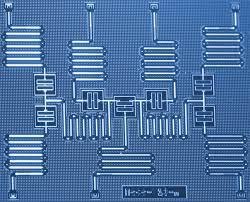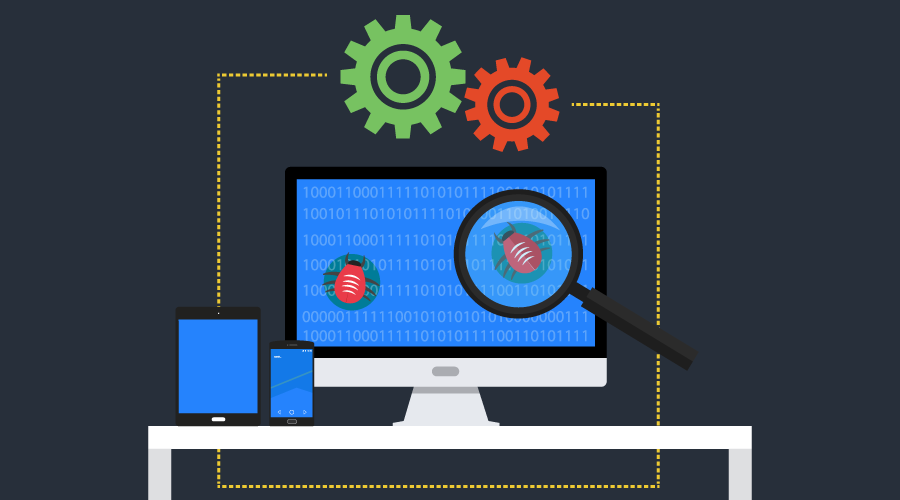Quantum Compiler
We investigated several compilation optimization problems on quantum computers. Our qubit mapping algorithm SABRE [ASPLOS’19] is now the default mapping algorithm in IBM’s Qiskit and it is widely used in multiple quantum compiler frameworks. Our Paulihedral compiler [ASPLOS’22] develops the first systematical high-level IR and optimizations in quanutm compilers and is being integrated into Qiskit. Our MECH compiler [ASPLOS’24] combines gate-base computing with measurement-based computing to improve program concurrency on the promising chiplet architecture.
Reference Work
Tackling the Qubit Mapping Problem for NISQ-era Quantum Devices, ASPLOS’19 [paper][code, code]
Paulihedral: A Generalized Block-Wise Compiler Optimization Framework for Quantum Simulation Kernels, ASPLOS’22 [paper][code]
MECH: Multi-Entry Communication Highway for Quantum Computation on Chiplets, ASPLOS’24 (To Appear)
Superconducting Quantum Processor Architecture
The fix-frequency tranmon superconducting qubits suffer from the frequency collision issue as the numbers of qubits and qubit connections increase. Our work [ASPLOS’20] investigated the efficient architecture design for superconducting quantum processors and provides anautomatics design flow to generated application-specific superconducting quantum processor architectures.
Reference Work
Towards Efficient Superconducting Quantum Processor Architecture Design, ASPLOS’20 [paper]
Quantum Program Testing and Debugging
Quantum programming is counter-intuitive and error-prone. Yet, even the basic testing and debugging approaches are not well-developed for quantum programs. We developed the projection-based runtime assertions [OOPSLA’20] to help test and debug quantum programs efficiently and effectively. This work won the ACM SIGPLAN Distinguished Paper Award and has been adopted by Quantinuum’s t|ket> compiler.
Reference Work

